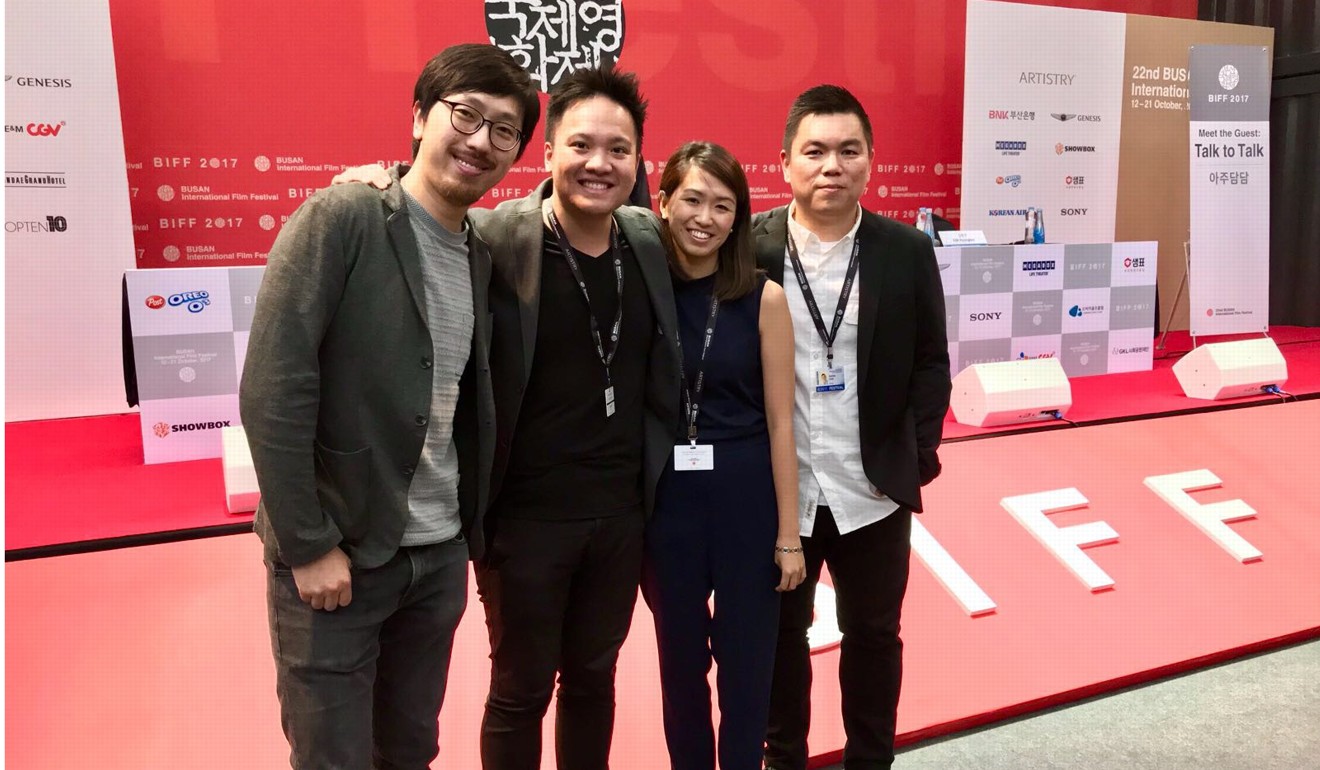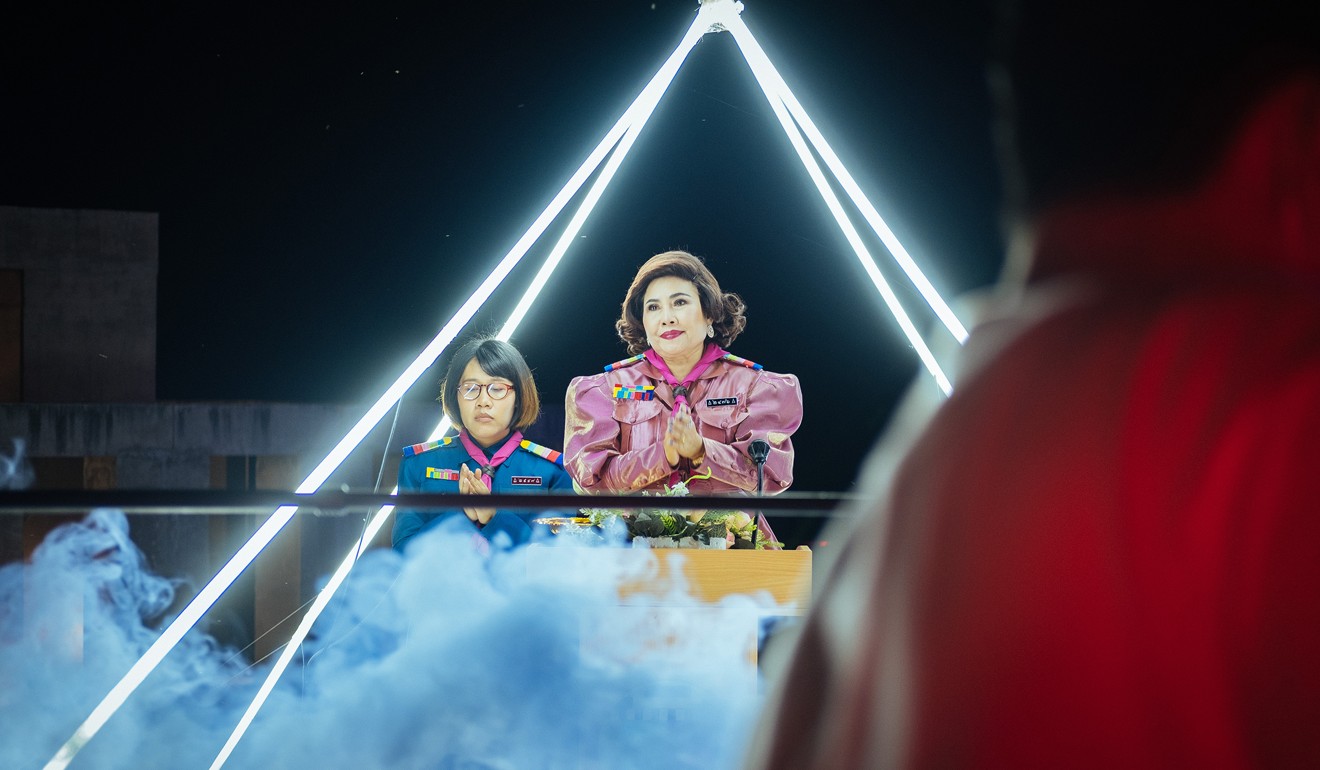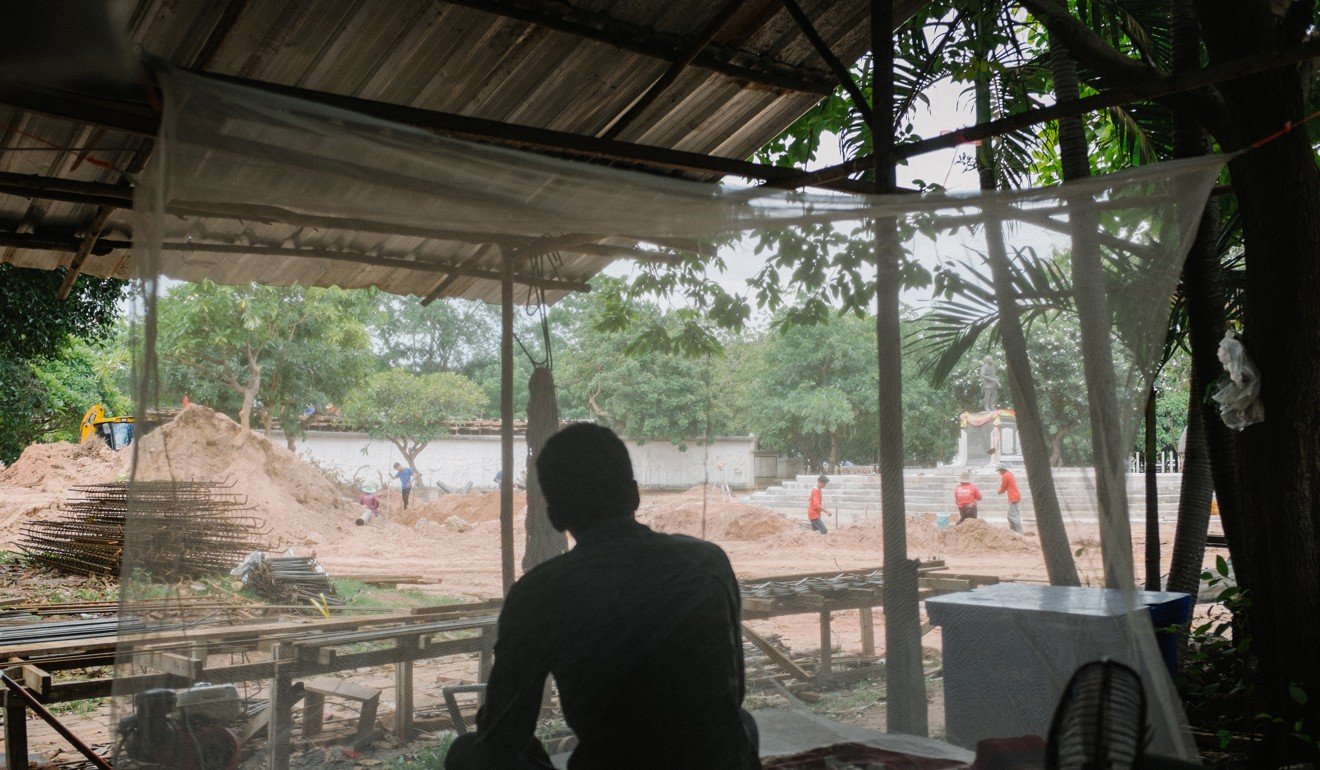
Ten Years: Thai adaptation of hit Hong Kong film to premiere at Cannes
Banned in China, the award-winning dystopian anthology movie is being re-imagined for audiences across Asia
When the modestly budgeted and politically charged Ten Years unspooled to packed theatres and won the Hong Kong Film Awards’ top prize in 2016, academics and activists were quick to describe it as both a product and a torch-bearer of the city’s burgeoning localist movement. But few had foreseen the feature – an omnibus comprising five shorts set in an Orwellian Hong Kong in 2026 that was banned in the mainland – would become a template for international filmmakers.
With the world premiere of a Thai version at Cannes Film Festival next month, plus the expected bows of the Japanese and Taiwanese versions at other A-list international film festivals this autumn, Ten Year’s transformation from a local oddity to a regional (if not global) phenomenon is near complete.
Slated for an out-of-competition berth at Cannes, Ten Years Thailand is closest to the Hong Kong original in terms of political urgency, according to executive producer Andrew Choi Lim-ming. The shorts include Aditya Assarat’s Sunset, about a soldier’s inspection of an art show; Chulayarnnon Siriphol’s Planetarium, a fantastical satire of Thailand’s elites; Wisit Sasanatieng’s Catopia, a horror-infused allegory about murderous cat people feeding on besieged humans in Bangkok; and Apichatpong Weerasethakul’s Song of the City, which revolves around a man’s attempt to sell a “sleep machine” to a physician.

“Over the last 12 years there has been a lot of social and political conflict in Thailand,” says Aditya, whose directorial credits also include shorts in multinational portmanteaus such as Letters from the South (2013) and Distance (2015). “There have been two coup d’etats and currently we are still waiting for an election to return the country to democracy. So I think the question of how the future will unfold is a question that we all think about. As filmmakers, we have a chance to express ourselves through cinema.”
Choi says he has been surprised by the Taiwanese filmmakers’ focus on the environment, workers’ rights and the island’s changing age demographics.
Younger and less internationally exposed than their Thai counterparts are Taiwanese directors Lekal Sumi, the Malaysian-born Lau Kek-huat, Rina B. Tsou, Hsieh Pei-ju and Lu Po-shun (though Tsou has already appeared at Cannes, with her debut, Arnie, screened at the Critics’ Week sidebar in 2016).

Ten Years Japan is yet another experience. Born out of a meeting between the Hong Kong team and Japanese producer Miyuki Takamatsu after a screening of the original film at the Udine Far East Film Festival, in Italy, the project received a massive boost when feted auteur Hirokazu Koreeda ( After the Storm [2016], The Third Murder [2017]) came on board as an executive producer.
Known for his willingness to nurture talent, Koreeda brought in five young filmmakers for the project, who have pitched in with tales exploring the impact of pollution, technology and war-mongering politics on Japanese society.
“Koreeda was very protective of young directors, and he is very concerned about them getting paid properly,” Ma says. “So we discussed a lot about the business model for the project, and how we would make sure the filmmakers get their shares of the profit before the investors do.

“Ten Years started out not following Hong Kong’s industrial norms anyway, so it’s great to go to all these places and share our vision with local directors – and for us to be exposed to theirs,” Choi adds. “Without their input, we wouldn’t be able to pull this off.”
Ng Ka-leung, Choi’s fellow producer and also the director of one of the five shorts in the original Ten Years, says it has never been his or his colleagues’ objective to impose their way of doing things on foreign partners. “It’s all about stimulating people in other places to think of different ways of saying what they want to say,” Ng says.
“I hope people can look at our experience and consider it an option,” Choi says. “We didn’t have that many opportunities to collaborate with Thai, Taiwanese or Japanese filmmakers, except maybe in the past, when you would see the odd Japanese actor starring in a Hong Kong film. We hope to show people that you don’t necessarily have to choose between looking northwards [to the mainland] or sticking to only local perspectives. There are other places out there we can go.”

